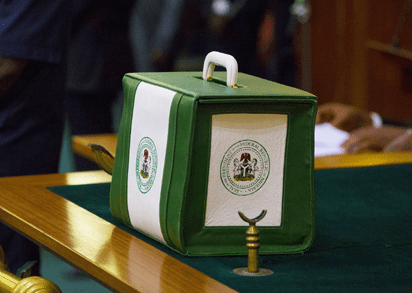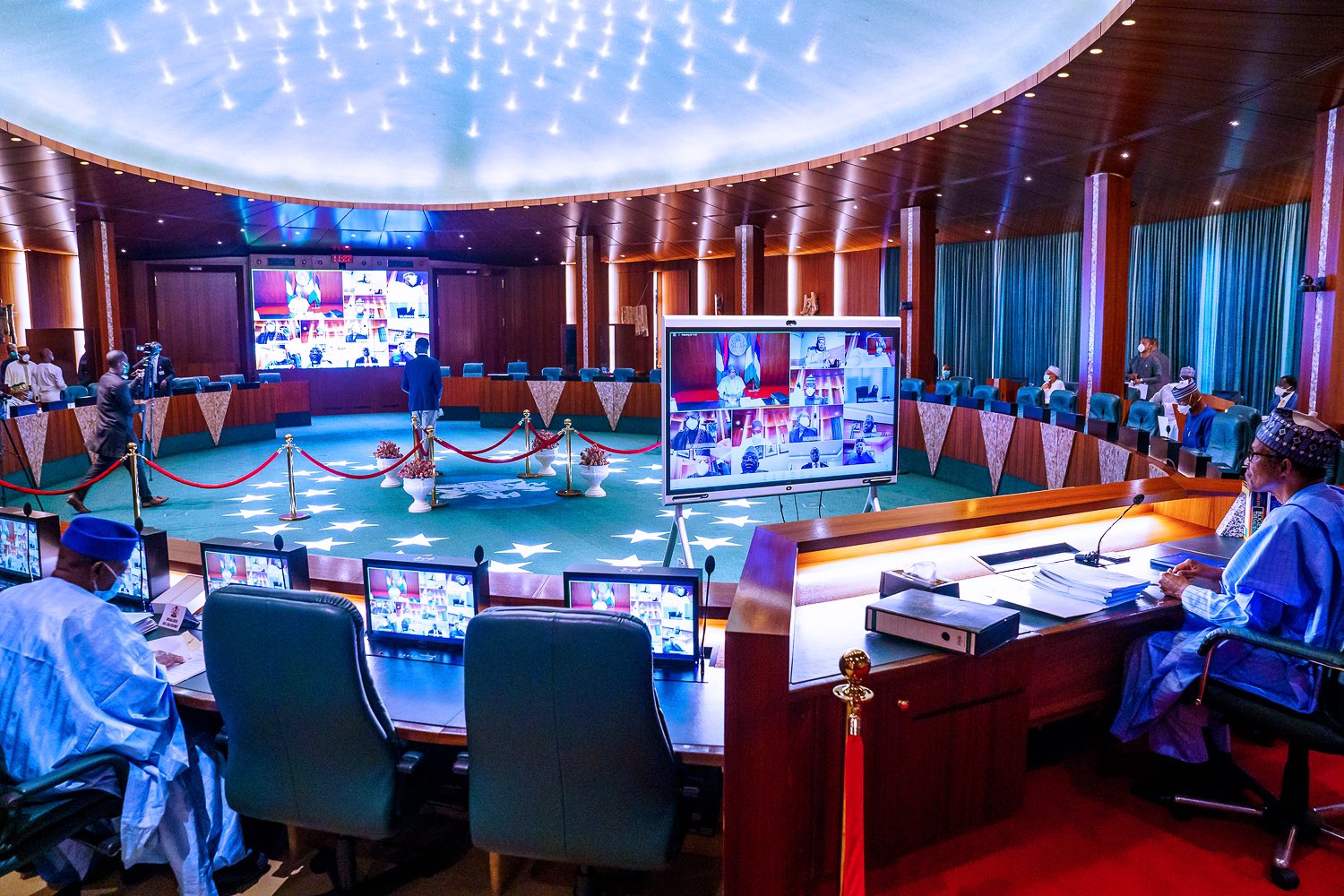The Federal Executive Council has revised the 2020 Budget from N10. 59 trillion signed into law by President Muhammadu Buhari to N10. 52 trillion.
This revised budget has a difference of about N71.5 billion when compared to the previously approved budget.

Economic watchers have now started to assess the actuality of this new document.
The crippling economic impact of the coronavirus pandemic continues to weigh on the global economy with forecast of a synchronised global meltdown manifesting in alarming recessionary indices.
For Nigeria, the Federal executive council is restrategising its economic plan with a revision of the 2020 budget.
The Minister of Finance, Budget and National Planning, Zainab Ahmed, said the Council approved the recommendations with key parameters, including the price of crude oil which was pegged at $25 per barrel, crude oil production at 1.94 million barrels per day and an exchange rate of N360 to $1.
For economic watchers, the Projected revenue of N5.15 trillion and oil production volume of 1.94 million barrels per day is too optimistic considering current realities versus chances of actualisation.

The cost of Exploring loans from the local market is no option for now. Hence, the budgeted borrowing plan of N5.36 Trillion remains largely sourced externally.
Since the coronavirus pandemic began pulling the global economy into a contraction, economists have tried to answer one big question: What kind of shape will the recovery take?
To cement any chances of recovery, the attention of the federal government is drawn once again to the need to immediately diversify the economy with a focus on agriculture, manufacturing and services among other key sectors.





